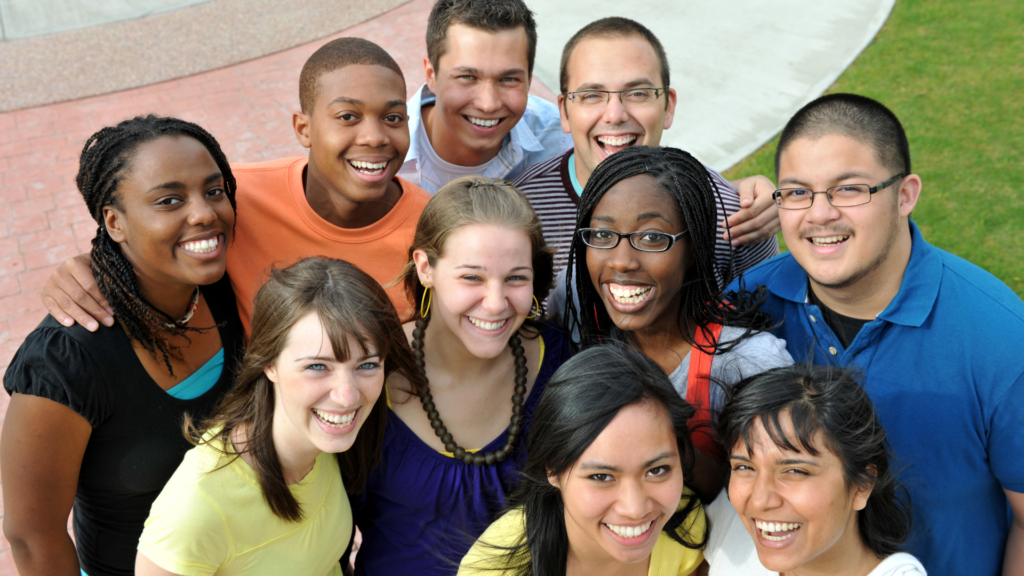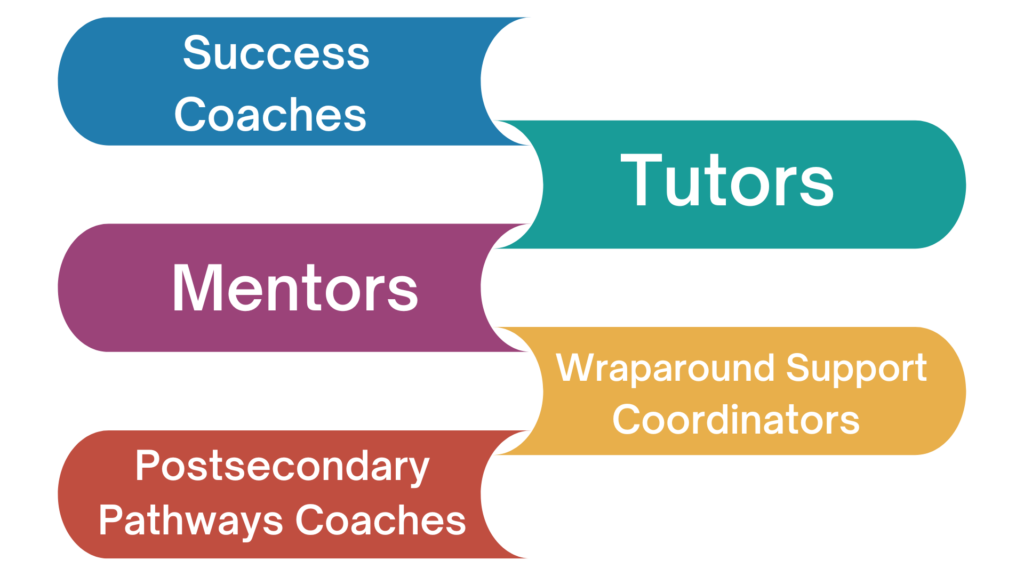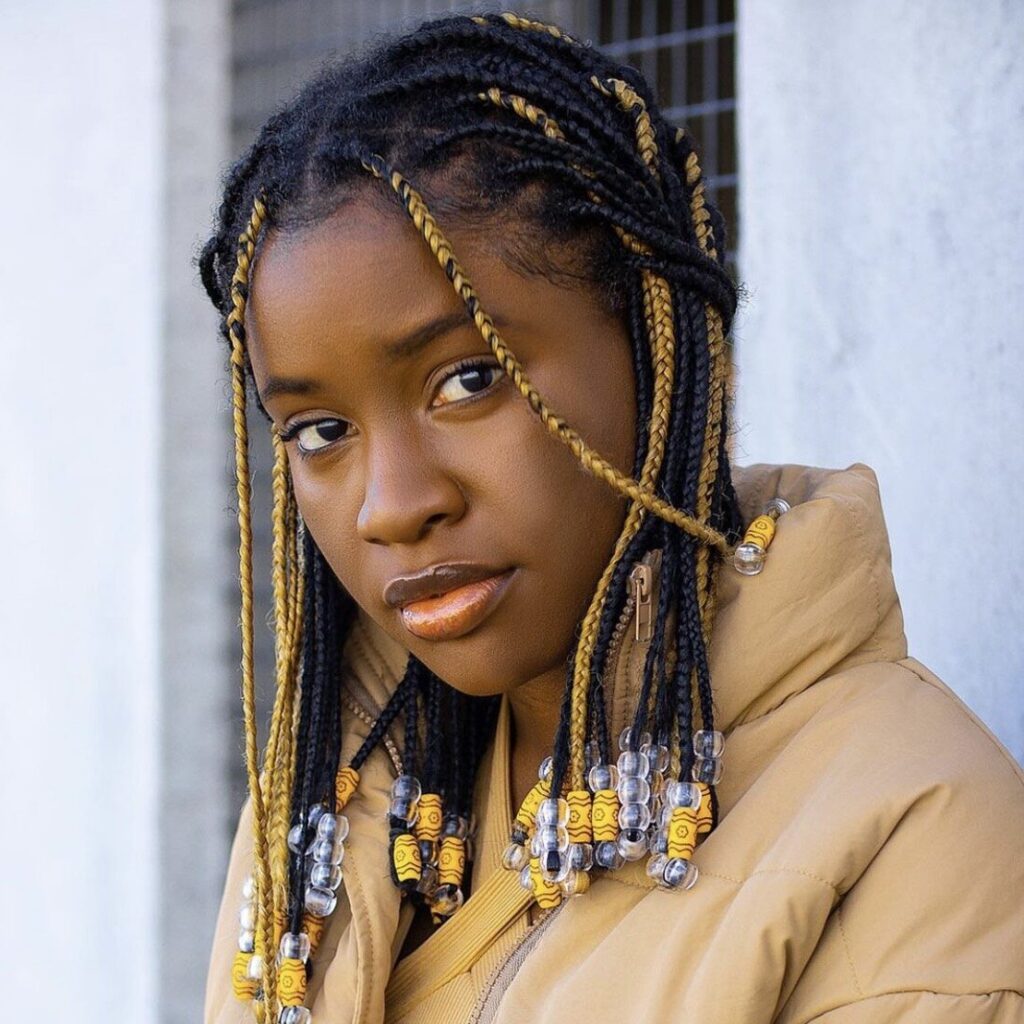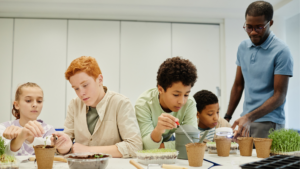People-Powered Supports
Require Community

Personalized people-powered supports are not just about individual connections.
They require – and create – community.
Sometimes the most fundamental principles can feel like epiphanies. For months now, I have been focused on elevating the essential roles that individual caring adults can play.

These five essential “people-powered” roles are at the heart of the National Partnership for Student Success, an effort to answer President Biden’s call to recruit 250,000 additional adults into roles that respond directly to students’ needs as we recover from these pandemic years.
I’ve also been promoting the Power of Us Workforce Survey, an effort to get a better understanding of the range of roles that youth workers play in the lives of young people throughout the U.S.
I see these two efforts as deeply intertwined. Fulfilling the commitment of NPSS requires us to know a lot more about the people who currently play the five people-powered roles and other key roles beyond classroom.
Last Friday, in a joint webinar between NPSS and the Power of Us, we zoomed in on how adults playing these kinds of essential roles interacted in the life of one young person – Margarida Celestino of Portland, Maine. (Many of you may have heard her as the cohost of Season 2 of the Changing the Odds Remix podcast.)
As we did in the podcast season, we lifted up the outstanding and critically important work of a school nurse, a librarian, a Boys and Girls Clubs staffer, and a school counselor. All had individual connections with Margarida that made them instrumental in her unfolding story. But when they delved into what made them so able to be coaches and mentors, their stories quickly moved from one of individual relationships to interconnections.

As we did in the podcast season, we lifted up the outstanding and critically important work of a school nurse, a librarian, a Boys and Girls Clubs staffer, and a school counselor. All had individual connections with Margarida that made them instrumental in her unfolding story. But when they delved into what made them so able to be coaches and mentors, their stories quickly moved from one of individual relationships to interconnections.
They emphasized that a key part of their own ability to support Margarida, and all of the young people they serve, was the health and intentionality of the working relationships among the professionals in the school, organizations, and community. The school nurse emphasized the student support teams that communicated continuously about the students at Casco Bay High School. The Boys and Girls Clubs senior program director pointed to ConnectED Portland, an out-of-school time network that meets monthly. Both the Boys & Girls Club senior program director and the librarian emphasized that their work with the family shelter started with proximity and grew as they became a trusted partner and a safe place for asylum seekers and refugees to spend their days.
My epiphany moment didn’t come from them naming these connections – I know that this work always requires more than just the individuals. Rather it came in the way in which they spoke about the interconnections between adults in their community. These groups weren’t just about referrals or coordination. They were about kindred spirits connecting to build common approaches and create a strong web of support. I was reminded that adults can connect, coordinate, and even collaborate, but it is once they form community themselves that they are at their best in strengthening the learning and development ecosystem for young people.
Have you taken the Power of Us Workforce Survery yet?
- The Power of Us Workforce Survey is administered by the American Institutes for Research (AIR), an independent, nonpartisan, not-for-profit organization that conducts behavioral and social science research and delivers technical assistance both domestically and internationally. This reliable survey will be administered throughout 2022.
- The Power of Us a national survey designed for the participation of the youth fields workforce across sectors and geographies. Through the Power of Us Workforce Survey, youth-serving professionals and volunteers can contribute to a national effort to explore, define, and elevate their work with youth.
- The resulting data from the survey can help to inform policy, practice, and further research to better support the workforce.
- The survey is part of a larger Youth Fields Study, which was commissioned and funded by The Wallace Foundation as part of its mission to support and share effective ideas and practices. Collaborative Communications is leading the communications campaign for the study, and AIR is leading the full study with a constellation of partners.
- The survey is open to those who work with youth in any capacity outside of the regular school day in the last five years. This includes both paid staff and volunteers. Our goal is to hear from as many different types of people that work with youth as possible.
Youth-serving programs and organizations across sectors, settings, and systems can be part of this effort:
Arts and creative youth development
Childcare programs (school-age childcare)
Children and youth library services
Civic engagement programs
Community-based out-of-school time program or club
Faith-based programs
Housing and homelessness programs
Identity-based programs
Juvenile justice initiatives
Mentoring
Museum education
Nature, environmental, or outdoor experiential programs
Parks and recreation programs
Postsecondary prep programs
School-based before- and/or afterschool programs
School-based extracurricular program or club
Science, technology, engineering, and mathematics (STEM) education and experiences
Social justice programs
Sports programs
Summer learning programming
Summer youth employment programs
Tutoring
Youth-development or leadership programs
Youth-serving workforce development








No comment yet, add your voice below!